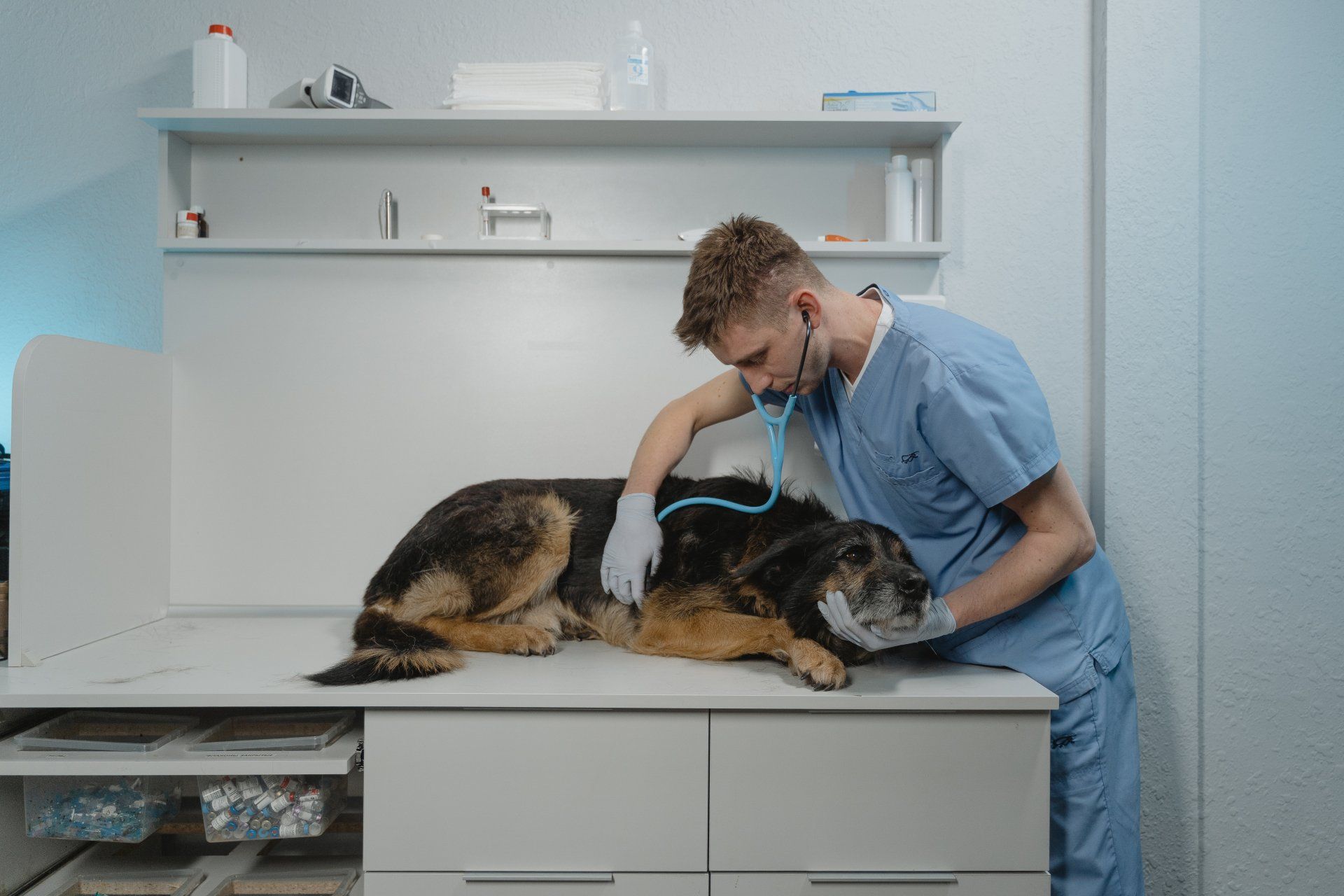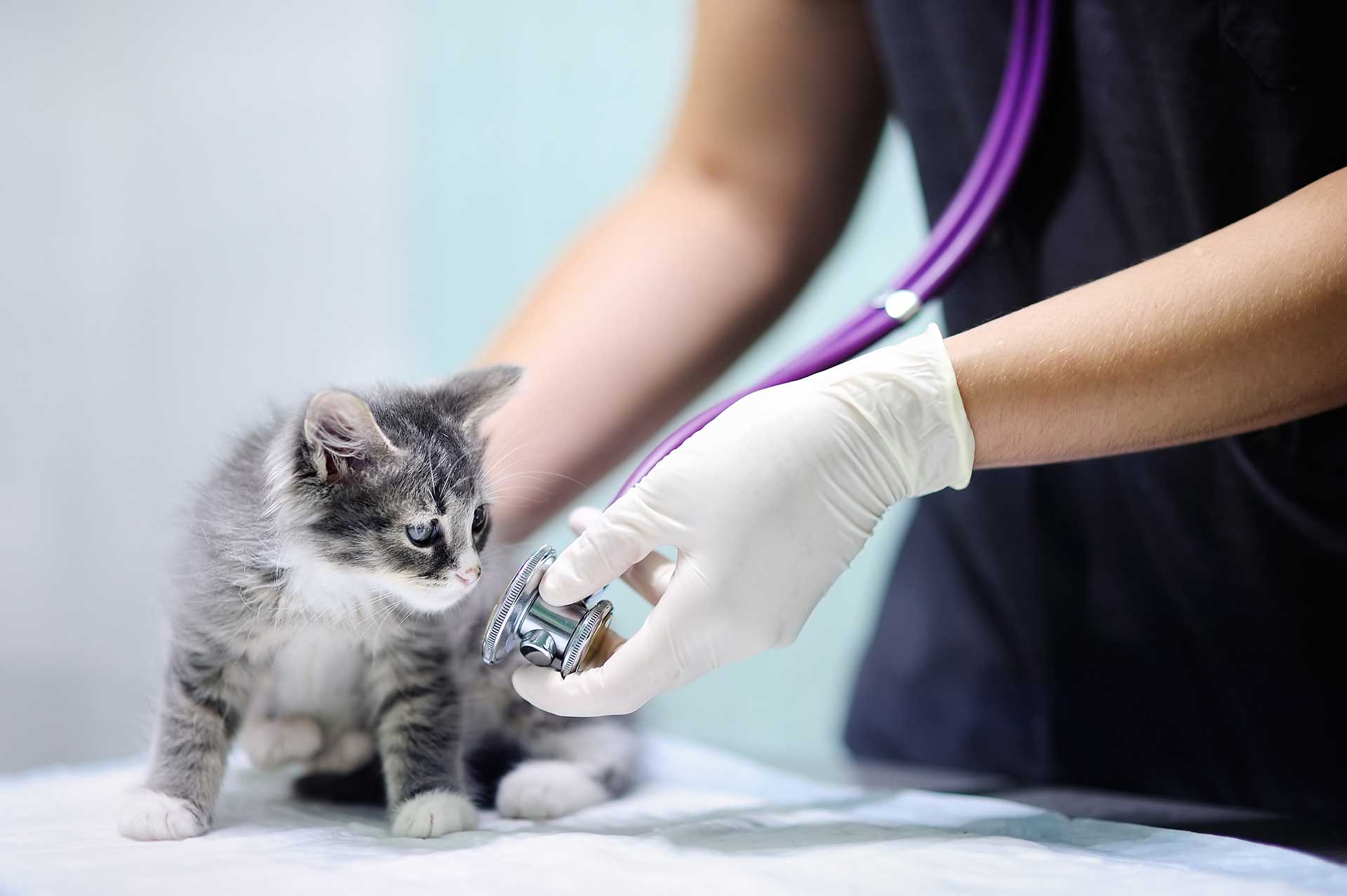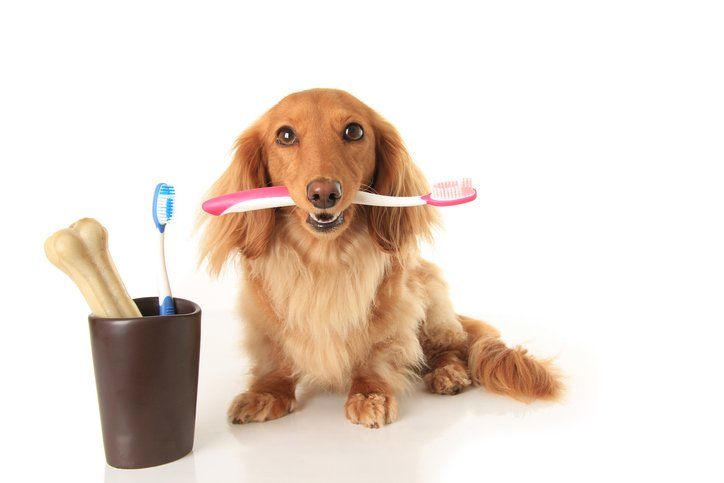Core Vs Non-Core Pet Vaccinations
Core & Non-Core Pet Vaccinations Explained
As a responsible pet owner, ensuring the health and well-being of your furry friend is a top priority. Much like us, our pets are susceptible to a wide range of diseases and illnesses. Vaccinations play a crucial role in protecting our beloved best friends from these illnesses. When it comes to pet vaccines, you may hear the terms “core” and “non-core” vaccinations. It is important to understand the difference between the two so you can make an informed decision about your pet’s healthcare. Below, we will explore the difference between the two.
Core Vaccines
Core vaccines are vaccinations that are considered essential to protecting the health and well-being of your pet. These are the ones that all pets should, at minimum, receive. These vaccines help to prevent the spread of high-contagious and potentially life-threatening diseases to your furry friend. Your veterinarian will typically recommend that you get these vaccines in your pet’s first wellness exam. Additionally, they may suggest that your pet receives booster shots in the future to continue to keep them protected against these diseases. Core vaccines that every pet should receive include the following:
- Rabies: Rabies is a viral disease that affects the nervous system and is fatal in both animals and humans. Vaccination against rabies is required by law in many regions.
- Distemper: Canine distemper is a highly contagious viral disease that affects the respiratory, gastrointestinal, and nervous systems. It can be fatal, especially in puppies.
- Parvovirus: Canine parvovirus is a highly contagious viral infection that primarily affects puppies and unvaccinated dogs. It causes severe gastrointestinal symptoms and can be life-threatening.
For cats, core vaccines typically include:
- Rabies: Rabies vaccination is crucial for cats as it protects them from this deadly viral disease.
- Feline Panleukopenia: Also known as feline distemper, this viral disease affects the gastrointestinal tract and immune system. It can be severe, especially in kittens.
- Feline Herpesvirus and Calicivirus: These viruses cause upper respiratory infections in cats and are highly contagious.
Non-Core Vaccines
Non-core vaccines, also known as optional or lifestyle vaccines, are vaccinations that are recommended based on a pet's individual risk factors. These vaccines are not considered essential, but they should be considered based on factors such as your pet’s lifestyle, where you live, and exposure risks. Non-core vaccines protect against illnesses that are not highly contagious or are less common. Common non-core vaccines include the following:
- Bordetella: This vaccine protects against kennel cough, a highly contagious respiratory infection that is common in dogs that frequently interact with other dogs in boarding facilities, dog parks, or training classes.
- Lyme Disease: The Lyme disease vaccine is recommended for dogs in regions where ticks carrying the bacteria that cause Lyme disease are prevalent.
For cats, non-core vaccines may include:
- Feline Leukemia Virus (FeLV): FeLV is a viral infection that can lead to various health problems, including an increased risk of cancer. This vaccine is recommended for cats that have outdoor access or live with FeLV-positive cats.
- Feline Immunodeficiency Virus (FIV): FIV is a viral infection that weakens a cat's immune system. The FIV vaccine is recommended for cats at high risk of exposure, such as outdoor cats that may engage in fights with other cats.
Contact Us Today to Learn More About Pet Vaccinations!
It is important to discuss which core and non-core pet vaccinations are necessary for your beloved furry friend. Although non-core vaccines are not essential, they too are important in protecting the health of your pet. Be sure to have a conversation with your veterinarian about the risk factors of your pet to determine which vaccines would be best for your pet.
At Transit Animal Hospital, we provide pet vaccinations to pets throughout the West Seneca, NY area. Vaccines help ensure the well-being and happiness of your pet. Our veterinary care team would be happy to discuss with you which core and non-core vaccines would be best for your pet. If you have any questions or concerns about vaccinations, we can address those as well. Contact us today to schedule your pet vaccination appointment!










